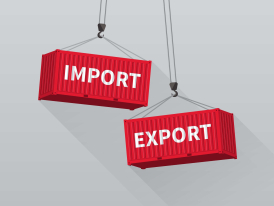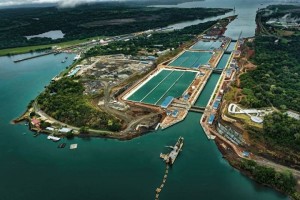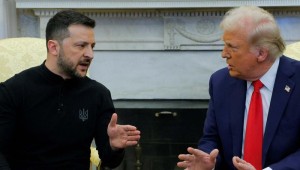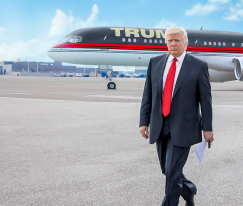North Korea-Russia cooperation in Ukraine War: Implications for global geopolitics
North Korea’s deepening involvement in the Ukraine-Russia war signals a pivotal shift in global alliances. North Korea has sent as many as 10,000 soldiers since October 2024 to help Russia in the fight against Ukraine at Moscow request. In early December, officials from Seoul, Washington, and Kyiv reported the entry of North Korean troops into the conflict in “significant numbers,” with South Korean intelligence estimating over 100 casualties so far. Though these figures remain unconfirmed, the presence of North Korean forces raises concerns about their potential impact on the battlefield and broader geopolitical dynamics.
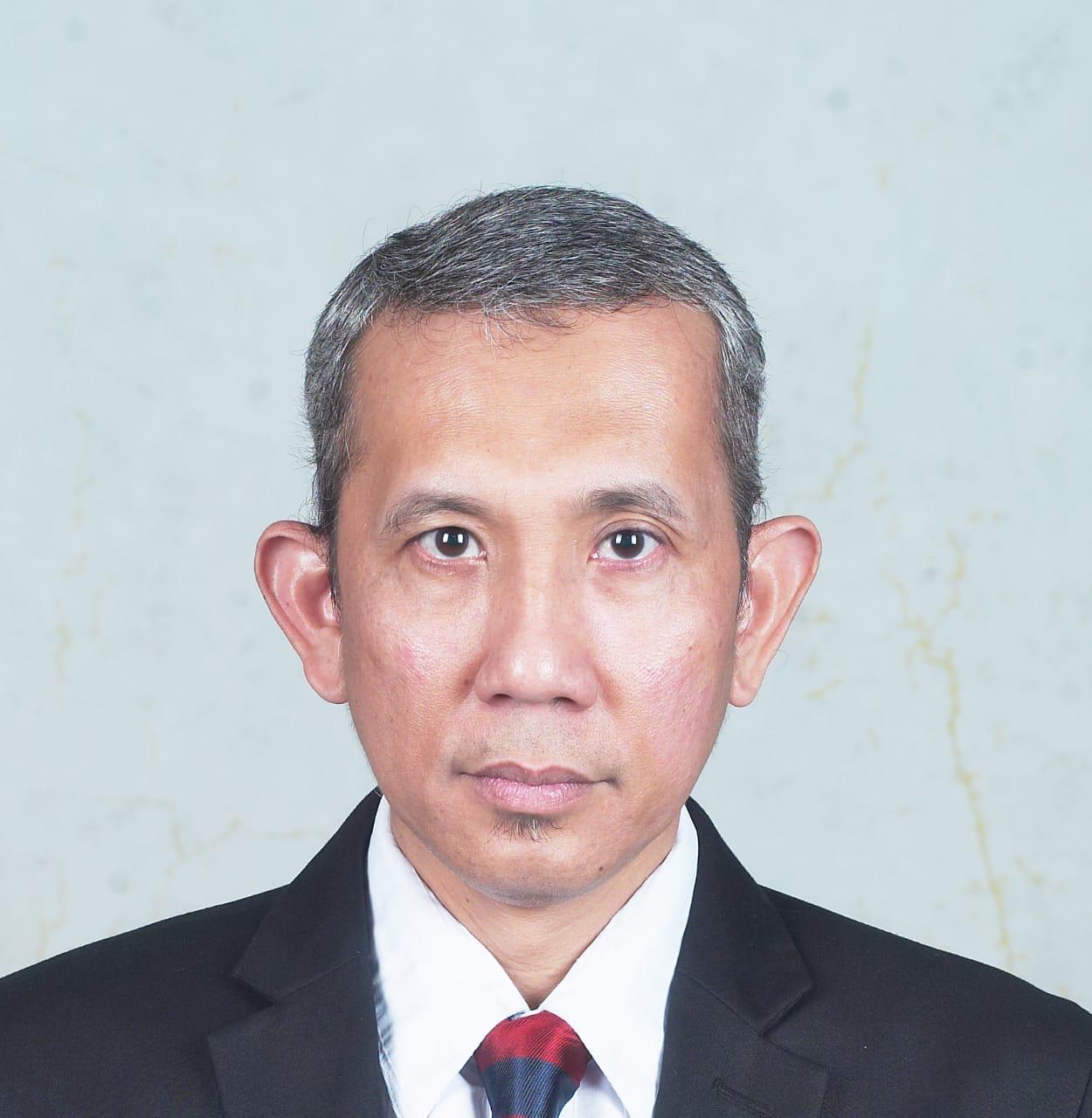
By: Benny Sukadis
The North Korean soldiers in Ukraine reportedly belong to the elite Storm Corps, known for rigorous training and high morale. These units represent the upper echelon of Pyongyang’s military forces, selected for their physical fitness and endurance. According to defector Lee Hyun Seung, who trained North Korean special forces before defecting in 2014, Storm Corps soldiers undergo intense preparation, including martial arts, knife-throwing, and improvisational weapon-making.
Despite their specialized training, many of these troops suffer from chronic undernourishment, reflecting North Korea’s broader economic struggles. Videos of North Korean soldiers in Russia depict young, frail men − far removed from the robust images of invincibility showcased in Pyongyang’s propaganda. Moreover, South Korean intelligence suggests that while the Storm Corps exhibits strong morale, their lack of familiarity with modern warfare could limit their effectiveness in a high-tech conflict like the one in Ukraine.
Pyongyang’s support for Moscow appears driven by strategic and economic incentives. By aligning with Russia, North Korea strengthens its ties with a powerful ally, potentially securing critical economic aid, advanced weaponry, and political backing in international forums. As an example, Russia pays a high sum of money per month (some says US$2,000) to each North Korea soldier, but most of it reportedly goes to the North Korean government coffers. This cooperation could also be a signal to the West, showcasing North Korea’s willingness to disrupt global stability in exchange for strategic gains or its own interests.
For Russia, the inclusion of North Korean forces offers several advantages. With its military stretched thin by nearly three years of war, Moscow benefits from a steady influx of disciplined, albeit inexperienced, troops. Additionally, North Korea’s involvement underscores Russia’s ability to draw support from nations isolated by Western sanctions, strengthening its narrative of resisting Western hegemony.
Trump Return and future geopolitics
Looking ahead, the return of Donald Trump to the White House in 2025 adds a layer of uncertainty to the global geopolitical landscape. During his presidency, Trump engaged in unprecedented diplomacy with North Korean leader Kim Jong Un, including historic summits and public displays of camaraderie. However, these efforts yielded few tangible results in denuclearization or long-term peace.
Under a second Trump administration, the dynamic could shift dramatically. Trump’s preference for transactional diplomacy may lead to attempts to re-engage North Korea, perhaps offering economic incentives in exchange for reduced military provocations. However, such overtures might face resistance from both allies, like South Korea, and adversaries, like Russia, who would see them as a threat to their strategic interests.
The North Korea-Russia partnership in Ukraine could be a harbinger of a new geopolitical axis, uniting authoritarian regimes against Western democracies. If Pyongyang deepens its alignment with Moscow and potentially Beijing, the world could witness the emergence of a consolidated bloc challenging the U.S.-led order.
For the West, this underscores the importance of coordinated responses. Strengthening alliances with South Korea, Japan, and NATO members will be crucial to counterbalance this axis. At the same time, efforts to address the root causes of such alignments − economic inequalities, military provocations, and diplomatic stalemates − will be vital for long-term stability.
As the Ukraine war continues to reshape global alliances, North Korea’s involvement underscores the interconnectedness of regional conflicts and their broader implications. The coming years will test the international community’s ability to navigate an increasingly complex and polarized geopolitical environment.
The writer is a senior analyst at Marapi Consulting in Jakarta. His research interests are international security, security sector reform, defense diplomacy and Asia Pacific studies.
Already have an account? Sign In
-
Start reading
Freemium
-
Monthly Subscription
30% OFF$26.03
$37.19/MonthCancel anytime
This offer is open to all new subscribers!
Subscribe now -
Yearly Subscription
33% OFF$228.13
$340.5/YearCancel anytime
This offer is open to all new subscribers!
Subscribe now


